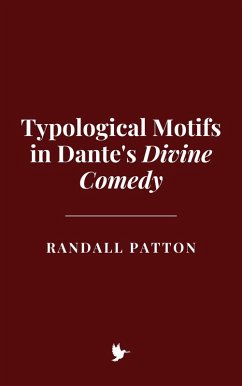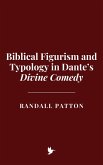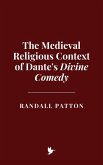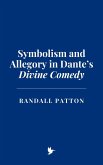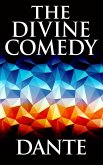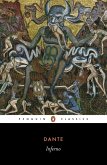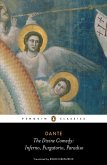Dante Alighieri's
Divine Comedy, written between 1308 and 1321, stands as one of the most monumental works in Western literature. To truly understand the depth of the
Divine Comedy is to enter into the complex world of medieval thought, where allegory, theology, philosophy, and classical tradition converge to form a multifaceted narrative that explores the journey of the soul through Hell, Purgatory, and Heaven. At the heart of Dante's work lies a profound use of typology, which is not merely a literary device but a central framework through which the entire structure of the poem unfolds. Typology, in medieval Christian thought, is the idea that events, persons, or institutions in the Old Testament prefigure or foreshadow their fulfillment in the New Testament. These prefigurations are seen as a divine plan that stretches across both history and scripture, offering a profound sense of continuity and purpose to the unfolding of the world.
Dieser Download kann aus rechtlichen Gründen nur mit Rechnungsadresse in A, B, CY, CZ, D, DK, EW, E, FIN, F, GR, H, IRL, I, LT, L, LR, M, NL, PL, P, R, S, SLO, SK ausgeliefert werden.

